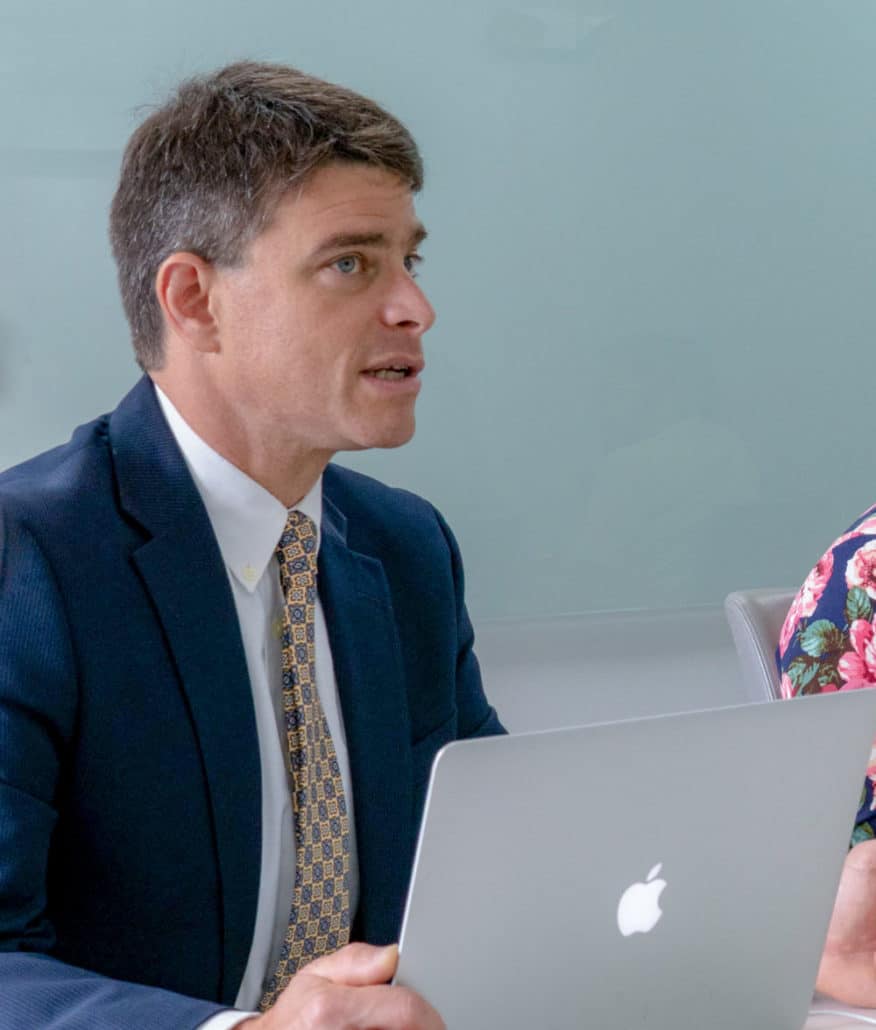Dr. Richard Noel is a PHSU investigator from our Ponce Research Institute as part of the Ponce-RCMI Project. He has a partnership role as a PI. Currently responsible for the investigator’s development and the coordination of three major projects: The Research Core, Community Core and the investigators development core.
His contributions are supporting the ongoing projects to facilitate its progress, organizing a call for applications of the internal pilot project funding, and opening the training program of the investigator development core. But not only does he contribute at a local level, but he is also engaged at the national level where he serves on the organizing committee for the RCMI 2019 National Conference where he is the Chair of the abstract committee for that meeting to be taken place on December 15-19 in Maryland.
As part such an important project Dr. Noel wishes to share with the community that for 34 years, the RCMI program at PHSU is the primary support for biomedical research infrastructure and provides significant funding to individual research projects. The program is responsible for the recruiting of research faculty for the past 30 years and in the next five years is projected to support the addition of 10 new research faculty to PHSU. The RCMI Project sponsor’s a training and career development program for faculty in all PHSU schools and programs and provides research development support for short term projects and projects spanning up to two years.
Also, the RCMI program started a community investigator training program that will promote collaboration of institutional scientists and community leaders to address important areas of health disparity – a first of its kind at PHSU and novel in Puerto Rico for the scope and depth of training that will be available to four cohorts of community leaders. Each of these activities, as well as three major scientific projects, a clinical study of perinatal outcomes for children exposed to ZIKA, a behavioral study of early-life stress related to cancer progression, and a basic science study of developmental stress and addiction effects on adult post-trauma stress, all offer different avenues to get involved.
“There is no substitute for gaining research experience; it is never too late (even final year in college) nor too early (we have outreach to grade school children and each summer host high school students in our labs) to do so. Also, you need to be a serious student – you need strong grades in challenging classes and you need to learn from those classes (not just get good grades)”



